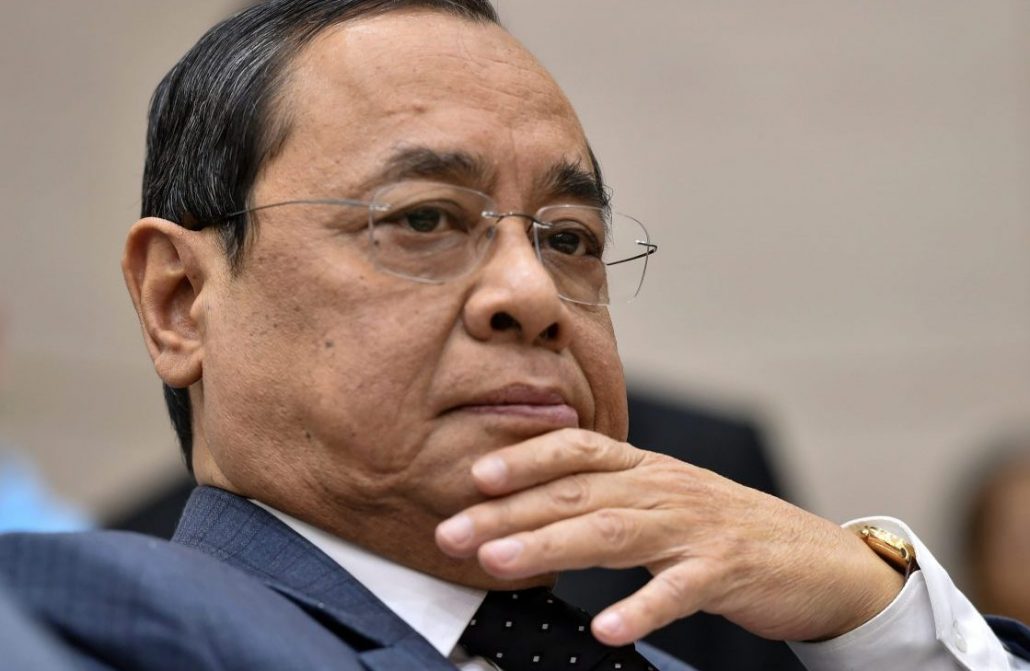
There had been speculation that the senior-most SC judge could be superseded following the 12 January press conference.
Justice Gogoi is an Ahom by ethnicity, and is a registered voter in Assam who would be included in the NRC. It is highlighted that Justice Gogoi’s father Keshab Gogoi was a former chief minister of Assam from the Congress party
New Delhi: Barring any last-minute change of plans, the Narendra Modi government will proceed with the appointment of the senior-most Supreme Court judge, Ranjan Gogoi, as the next Chief Justice of India.
The Centre is awaiting the formal recommendation from the incumbent chief justice, Dipak Misra, before beginning the process to appoint his replacement.
Top sources in the government told ThePrint that the appointment of the next CJI was discussed at the highest level a few days ago and it was felt that the principle of seniority should be “strictly followed” in picking a successor to Misra who retires on 2 October.
The source also said that the Modi government is aware of the fact that denying the top post to Justice Gogoi would only give credence to the repeated charge by the opposition, especially the Congress, that the Narendra Modi government has been making concerted efforts to subjugate the judiciary.
“There is nothing on record against Justice Gogoi and, while there has been speculation and rumours, the government will go by the law and seniority. Unless somebody is able to prove that he is unfit to hold the post, which would actually also mean that he is unfit to continue as a judge of the Supreme Court, there is no reason to deny him what he is entitled to due to his seniority. We are waiting for the CJI’s letter,” said a senior government functionary.
The cloud after the press conference
There has been intense speculation that Justice Gogoi could be superseded after he along with three senior-most Supreme Court judges — Just. Chelameswar (now retired), Madan B. Lokur and Kurian Joseph — held an unprecedented press conference on 12 January.
The four had highlighted the trust-deficit between CJI Misra and his brother judges and accused the Centre of making attempts to curb the independence of the judiciary. They had also pointed out that CJI Misra was taking away politically-sensitive cases from senior judges and assigning them to junior ones.
The procedure
Under the memorandum of procedure (MoP), which guides appointments in the higher judiciary, the appointment to the office of the Chief Justice of India “should be of the senior-most judge of the Supreme Court considered fit to hold the office”.
The law minister first writes to the outgoing CJI, requesting him to recommend the name of his successor. Normally, this letter is sent about a month before the CJI is scheduled to demit office.
Union Law Minister Ravi Shankar Prasad is currently on an official visit to the US and will return in a few days. “There is still time. Don’t worry, orders will be issued in time,” said the source.
While the CJI, in case there is “doubt about the fitness of the senior-most judge to hold the office of the CJI”, can hold consultations with other judges before sending his recommendation, under the Constitution, the recommendation means little.
As first reported by ThePrint, the MoP is not a statutory document and can’t override the provisions of law on the appointment of judges.



